Israel recognizes Morocco’s sovereignty over disputed Western Sahara
The Israeli regime has said it recognizes Moroccan sovereignty over the disputed territory of Western Sahara, according to the Moroccan government and a statement by the Israeli prime minister’s office.
The Moroccan Royal Court, citing a letter from the Israeli prime minister, announced in a statement on Monday that Benjamin Netanyahu had informed Morocco’s King Mohammed VI of “the decision to recognize Morocco’s sovereignty” over Western Sahara.
Netanyahu said in the letter that Israel would register its decision with the United Nations and other international organizations, as well as all the states Israel has diplomatic relations with, the statement added.
It also said that the Tel Aviv regime is considering opening a consulate in the town of Dakhla, located in the Moroccan part of Western Sahara.
Israeli foreign minister Eli Cohen also claimed that backing the separatist move will “deepen regional peace and stability.”
Israeli officials said in June they were debating Morocco’s rule over Western Sahara, but later in July they linked the move to Rabat hosting a repeatedly postponed meeting between Israeli officials and foreign ministers from four Arab states involved in the US-brokered normalization deals.
Morocco postponed the forum last month, citing Israel’s crackdown and vicious actions against Palestinians.
The so-called Negev Forum was created out of a summit organized in March 2022 by former top Israeli diplomat Yair Lapid at the Kibbutz of Sde Boker in the Negev desert.
The forum’s goal is to enhance cooperation among Bahrain, Egypt, Israel, Morocco, the United Arab Emirates (UAE), and the United States.
These are the countries involved in the Abraham Accords, US-brokered agreements between Israel and Arab countries to normalize diplomatic relations.
Morocco became the fourth Arab country — after the UAE, Bahrain, and Sudan — to reach a normalization agreement with Israel, which was brokered by the administration of ex-US President Donald Trump during its final days in office.
As part of the contentious deal, Trump agreed to recognize Morocco’s authority in Western Sahara.
US President Joe Biden has not carried out actions to make the recognition of Morocco’s sovereignty announced by his predecessor effective on the ground.
Morocco annexed the vast Western Sahara region, a former Spanish colony, in 1975 and has since been in conflict with the Algeria-backed Polisario Front — a movement that seeks to establish an independent state in the territory and end Morocco’s presence there.
It is currently in control of 80 percent of the region, including its phosphate deposits and fishing waters. It has built an approximately 2,700-kilometer (1,700-mile) -long wall running through the disputed territory to keep Sahrawis out of the resource-rich area.
Western Sahara’s indigenous population is firmly opposed to Moroccan control and has been calling for independence from the North African country and for a referendum on their self-determination, something that has been pledged to the region in UN resolutions.
The UN has deployed the peacekeeping mission MINURSO to the region to monitor a 1991 ceasefire and to supposedly organize a referendum on the region’s status.
However, the world body’s envoys have failed to set the stage for a referendum on Western Sahara’s future.
D-8’s role in Iran’s economy after Cairo summit
China slams US as ‘war-addicted’ threat to global security
China ‘firmly opposes’ US military aid to Taiwan
VIDEO | Press TV's News Headlines
President Yoon Suk Yeol to be removed from office
At least 19 Gazans killed by Israeli airstrikes since dawn: Medics
Leader: Iran neither has nor needs proxy forces
US fighter aircraft shot down ‘in friendly fire’ amid aggression on Yemen


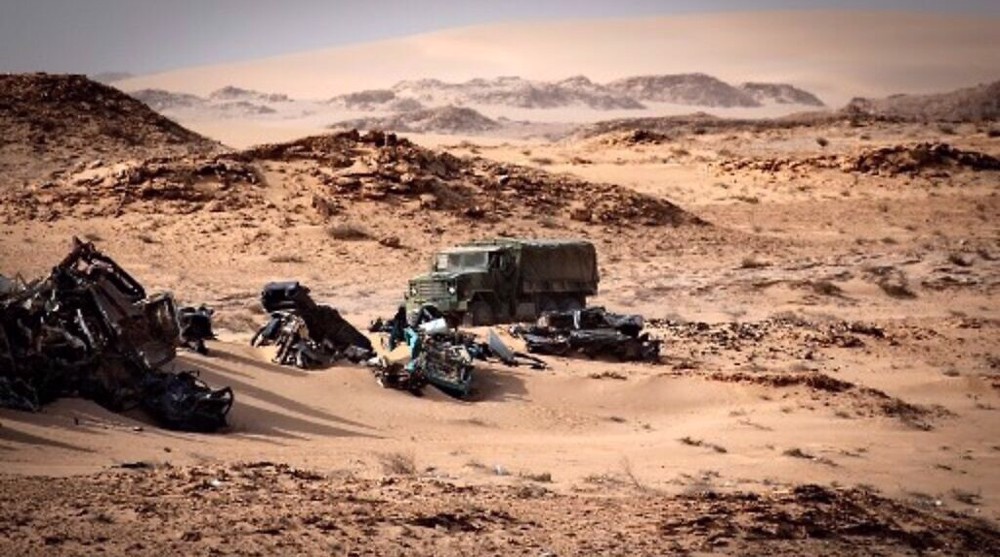
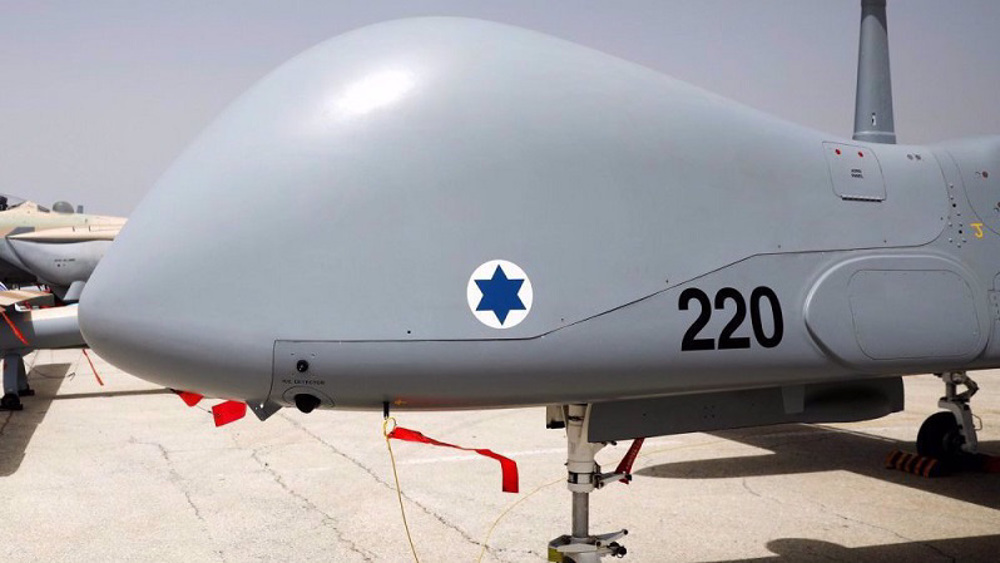
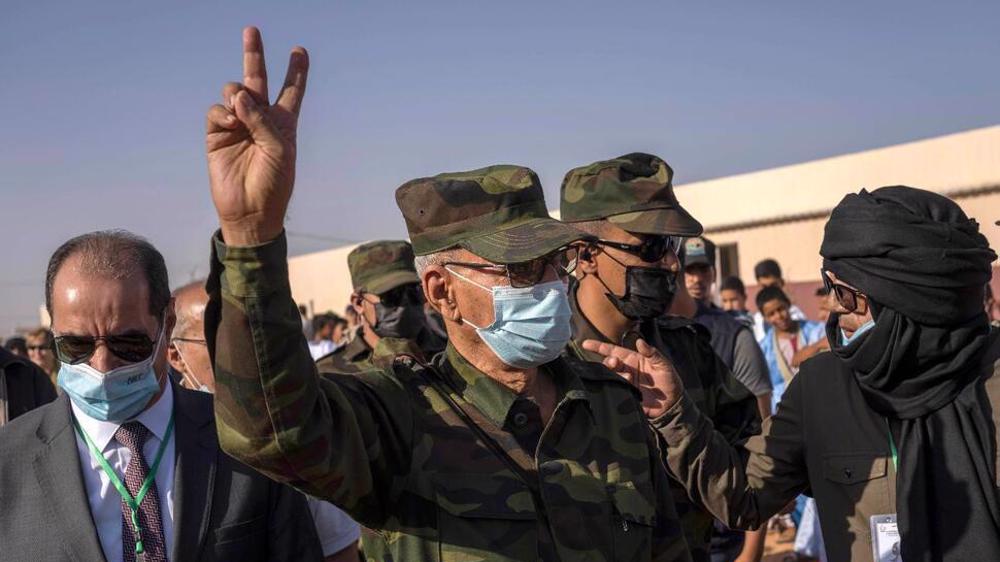
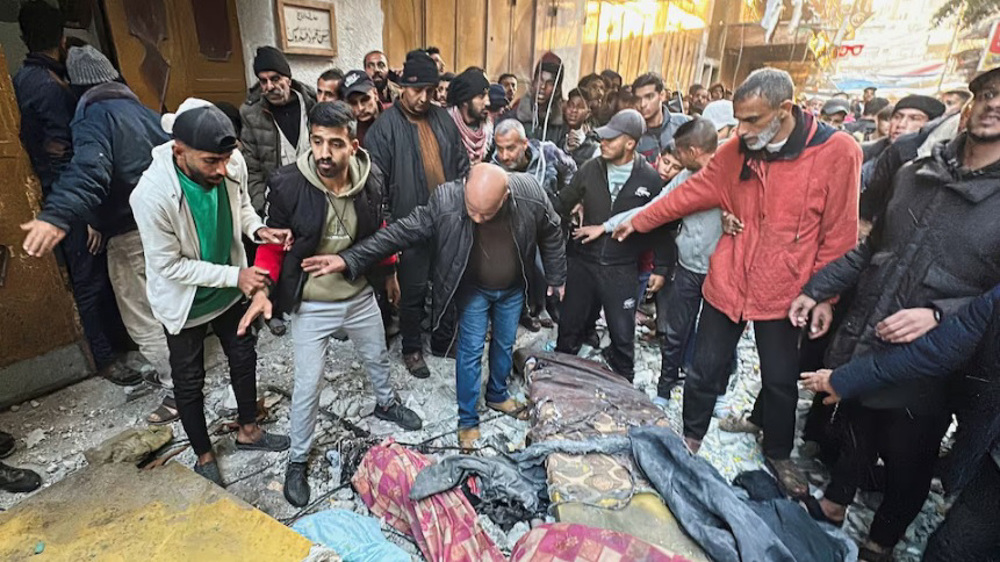

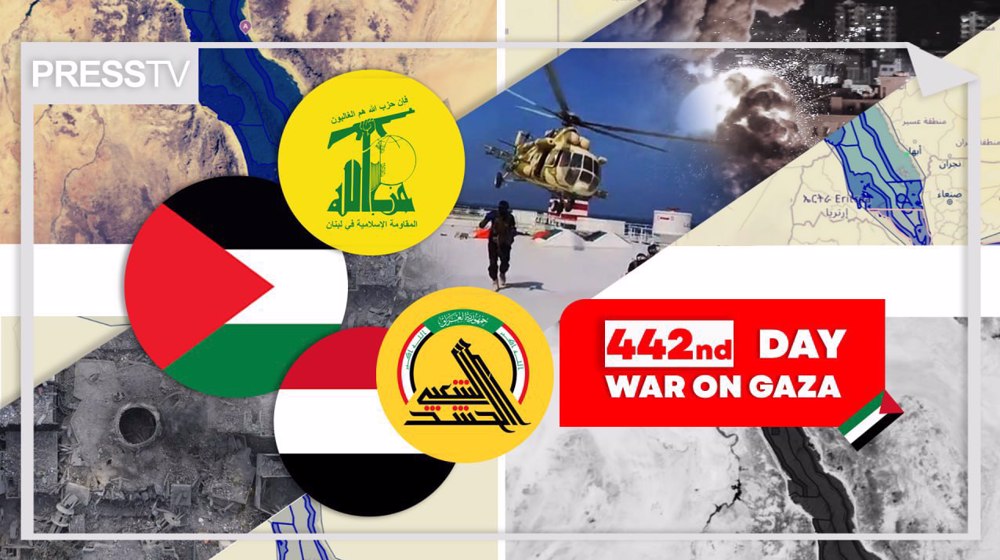



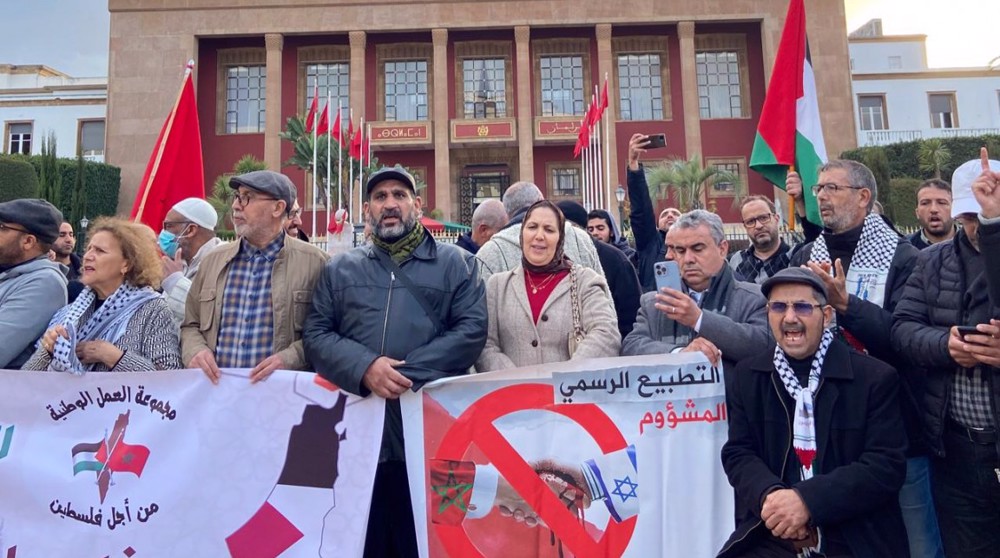
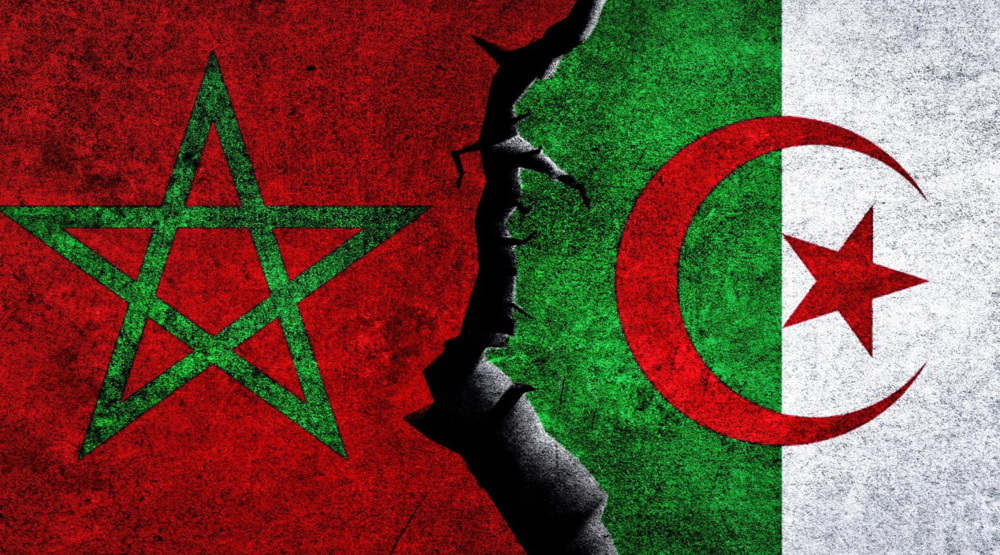
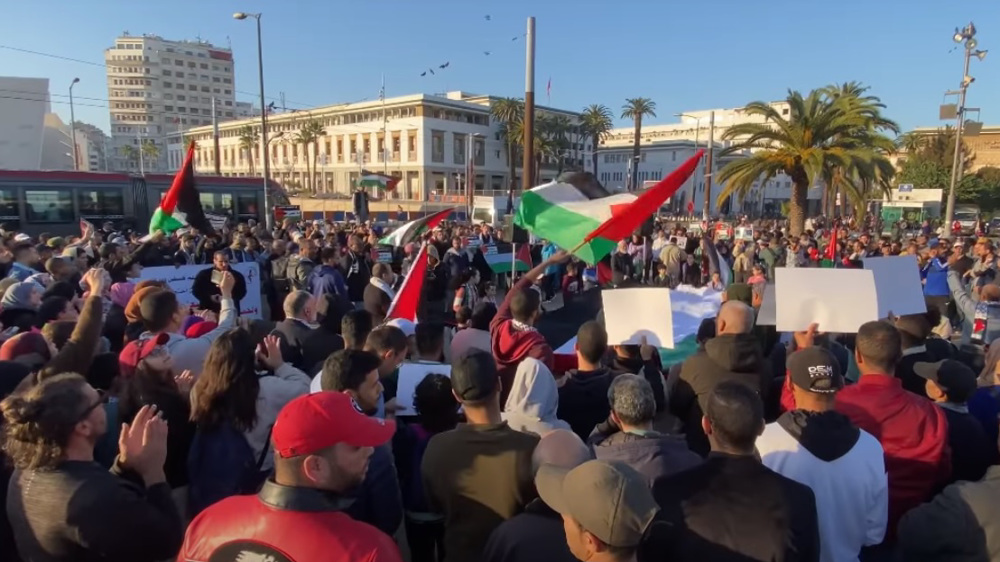
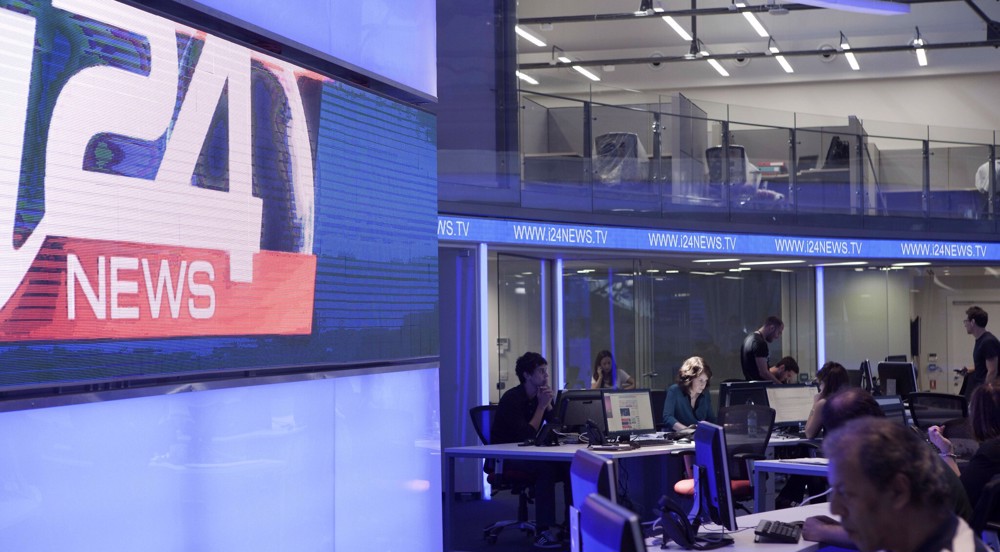

 This makes it easy to access the Press TV website
This makes it easy to access the Press TV website